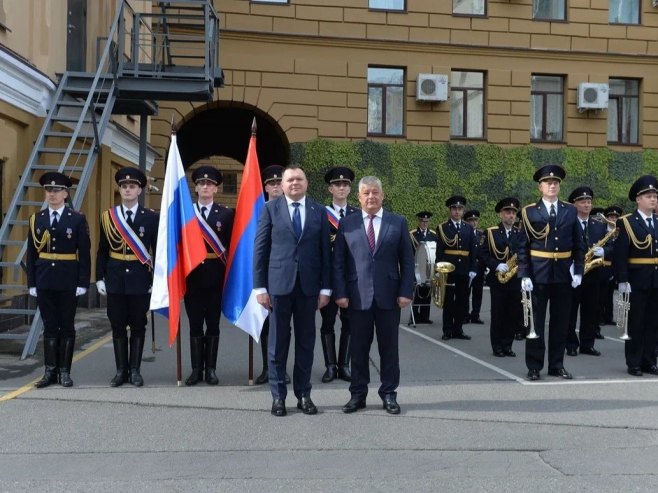Security expert Slobodan Župljanin believes that the growing Islamic radicalism operating through Wahhabi communities, parajamaats, training camps, and other parallel organizations represents the greatest threat to security not only in Bosnia and Herzegovina but across the entire region and beyond.
“We are witnessing an accelerated and increasingly strong connection between Wahhabi groups in BiH and similar movements in neighboring countries. This network demonstrates a high level of political radicalism,” Župljanin told SRNA.
He warned that Wahhabi terrorist groups operate freely in areas under stronger control of Western powers, particularly in the Federation of BiH.
According to Župljanin, there is undeniable evidence of parajamaats in BiH whose main objective is to spread Islamic radicalism as a religious-political ideology aimed at establishing absolute Sharia rule wherever Muslims form a relative majority.
He listed several locations where such groups have been identified, including Zenica’s suburbs Podbrežje and Šerići, areas between Zenica, Žepče, and Teslić, as well as Nemila, Topčić Polje, and Orahovica. Other hotspots include Zavidovići, Travnik, Bihać, Cazin, Tuzla, and Tešanj, where training camps and radical networks are reportedly active.
Radicalization began in the 1990s
Župljanin stated that radical Islamism began to expand rapidly when Bosniak political elites realized, through what he called “demographic engineering,” that they could claim a majority position in BiH.
“This marked the start of an ideological extremization designed to make life unbearable for non-Muslims. The first serious signs of radicalization appeared in the 1990s, with the arrival of foreign mujahideen fighters who committed previously unseen atrocities, such as ritual beheadings of Serb prisoners,” Župljanin said.
He also noted that Bosniak political parties maintain ties with organized crime and extremist networks in countries such as Saudi Arabia, Turkey, and Iran, describing it as a form of political radicalism that directly threatens regional security.
BiH as a recruitment hub for global terrorism
According to Župljanin, Bosnia and Herzegovina has become a recruitment center for elements of global terrorism, as confirmed by reports from intelligence agencies in various Western countries.
“Almost every major terrorist act in the world in recent decades has had some link to BiH. This should concern everyone living here,” he warned.
Župljanin emphasized that an effective response requires political will from the authorities at the state level and in the Federation of BiH, as well as systemic, professional, and coordinated measures — which he said are currently lacking.
“The temporary inactivity of certain groups is not a guarantee of safety. The sooner the authorities wake up, the better it will be for everyone in BiH and the region,” he concluded.
Islamic Community: no jurisdiction over parajamaats
The Islamic Community in BiH told SRNA that it has no authority over parajamaats and Wahhabi communities, of which there are more than 70 across the Federation of BiH.
“Within the structure of the Islamic Community, such congregations certainly do not exist. Whether they operate outside our organization, we cannot say — we have no jurisdiction over them,” the Islamic Community stated, noting that the issue was “largely resolved in 2016,” when most groups agreed to follow its official norms and regulations.
Source: RTRS







